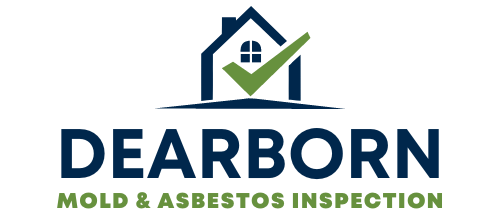In Berkley, the safety and health of our community stand at the forefront of our priorities, especially when it comes to the hazards posed by asbestos in older buildings and homes. Asbestos testing is crucial for identifying and mitigating these risks, and two primary methods used in this process are Polarized Light Microscopy (PLM) and Phase Contrast Microscopy (PCM). At Dearborn MAI (dearbornmai.com), we specialize in comprehensive asbestos testing services, utilizing both PLM and PCM to ensure the utmost safety of Berkley's residents and properties.
The Importance of Asbestos Testing
Asbestos, once a popular construction material due to its heat resistance and durability, has been found to pose severe health risks when its fibers become airborne and are inhaled. These risks include lung diseases, asbestosis, and mesothelioma, making asbestos testing an essential step in any building renovation, demolition, or maintenance project in Berkley.
Polarized Light Microscopy (PLM)
PLM is a widely used method for identifying asbestos in bulk building materials. This technique involves using polarized light to examine the optical properties of mineral fibers in a sample. The unique characteristics of asbestos fibers, such as their birefringence (the ability to split a beam of light into two beams with different velocities), allow us to identify and quantify the presence of asbestos accurately.
The Benefits of PLM in Asbestos Testing
Accuracy
PLM provides a highly accurate identification of asbestos types, which is crucial for determining the appropriate remediation strategies.
Cost-Effectiveness
Compared to other methods, PLM is more affordable, making it accessible for comprehensive building inspections.
Speed
The process is relatively quick, allowing for prompt decision-making in asbestos management plans.
Phase Contrast Microscopy (PCM)
While PLM is effective for identifying the type of asbestos in bulk samples, PCM is employed to measure airborne asbestos fibers' concentration. This method involves drawing air through a filter, where any fibers present are collected and then examined under a microscope. PCM is particularly useful in monitoring air quality before, during, and after asbestos removal projects.
The Advantages of PCM in Asbestos Testing
Sensitivity
PCM can detect low levels of asbestos fibers in the air, ensuring that environments are safe for occupancy.
Compliance
It helps in ensuring compliance with occupational health and safety regulations by providing accurate airborne fiber concentration readings.
Preventative
Regular PCM testing can serve as a preventative measure, monitoring air quality to prevent exposure before it becomes a health risk.
The Dearborn MAI Approach
At Dearborn MAI, we understand the critical nature of asbestos testing in Berkley. Our team of certified professionals employs both PLM and PCM techniques to provide a comprehensive assessment of asbestos risks in your property. By integrating these methods, we ensure a holistic approach to asbestos testing, addressing both the identification of asbestos-containing materials and the evaluation of air quality.
Why Choose Dearborn MAI
Expertise
Our specialists are equipped with the knowledge and tools necessary to conduct thorough asbestos testing.
Comprehensive Solutions
We offer a full range of asbestos-related services, from inspection and testing to remediation planning and monitoring.
Commitment to Safety
The health and safety of Berkley's residents and the integrity of its properties are our top priorities.
Conclusion
Understanding the roles of PLM and PCM in asbestos testing is crucial for anyone involved in managing or renovating properties in Berkley. These methodologies, each with its own set of advantages, form the backbone of effective asbestos management. At Dearborn MAI, we're dedicated to utilizing these advanced techniques to ensure the safety and compliance of your properties. Visit dearbornmai.com to learn more about how our asbestos testing services can protect your health and your investments in Berkley.

